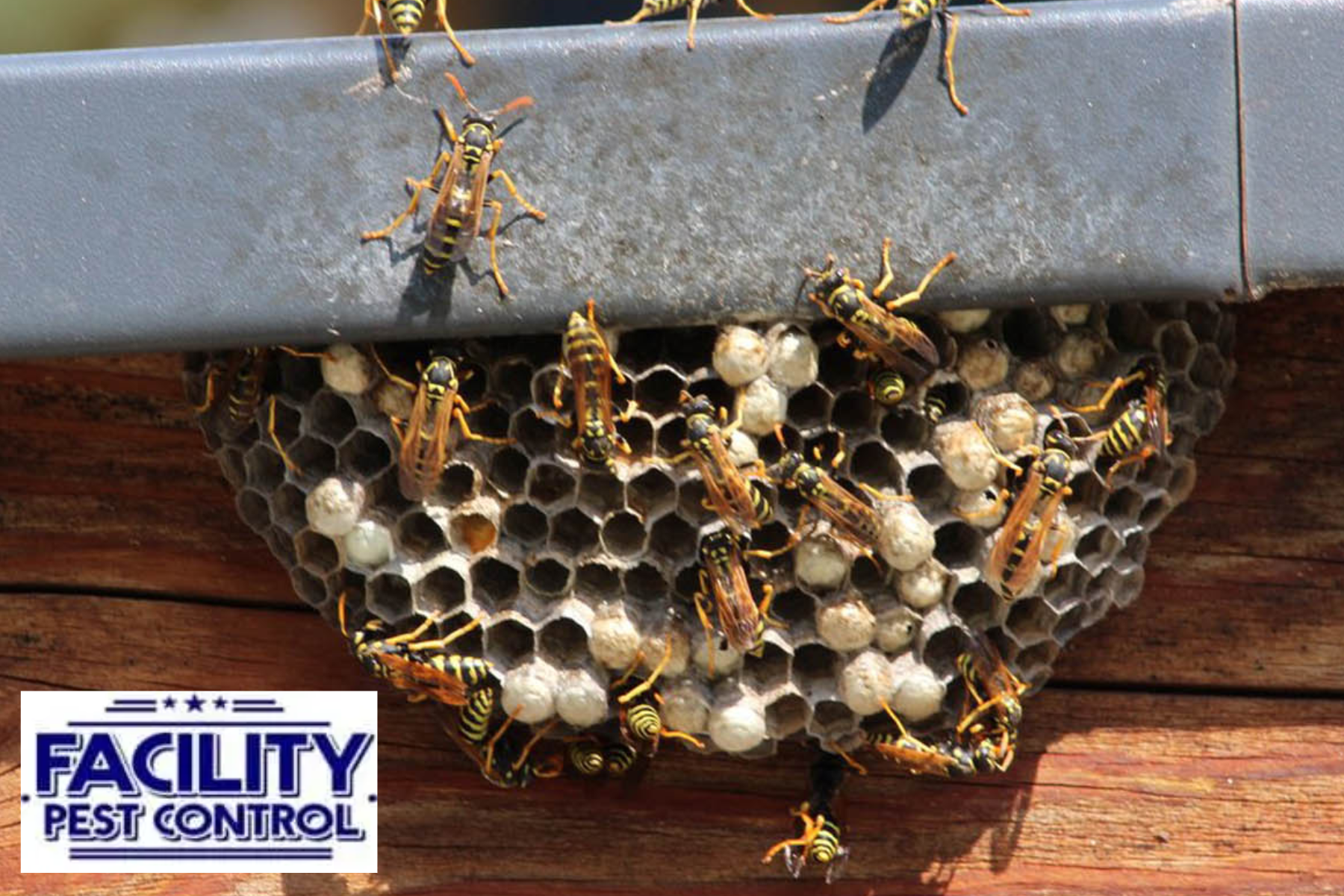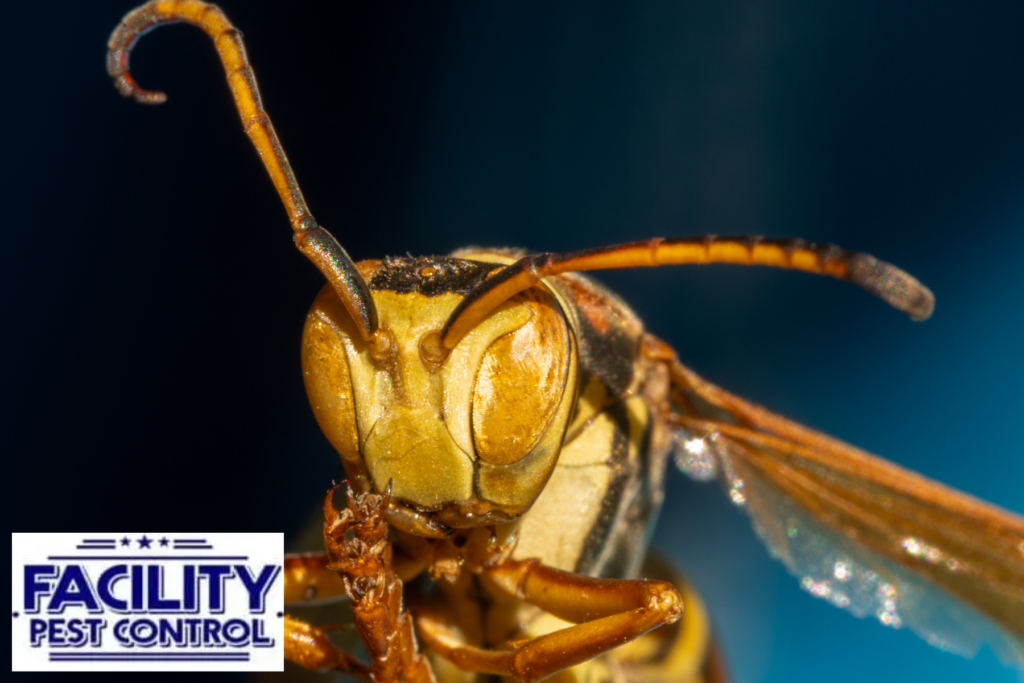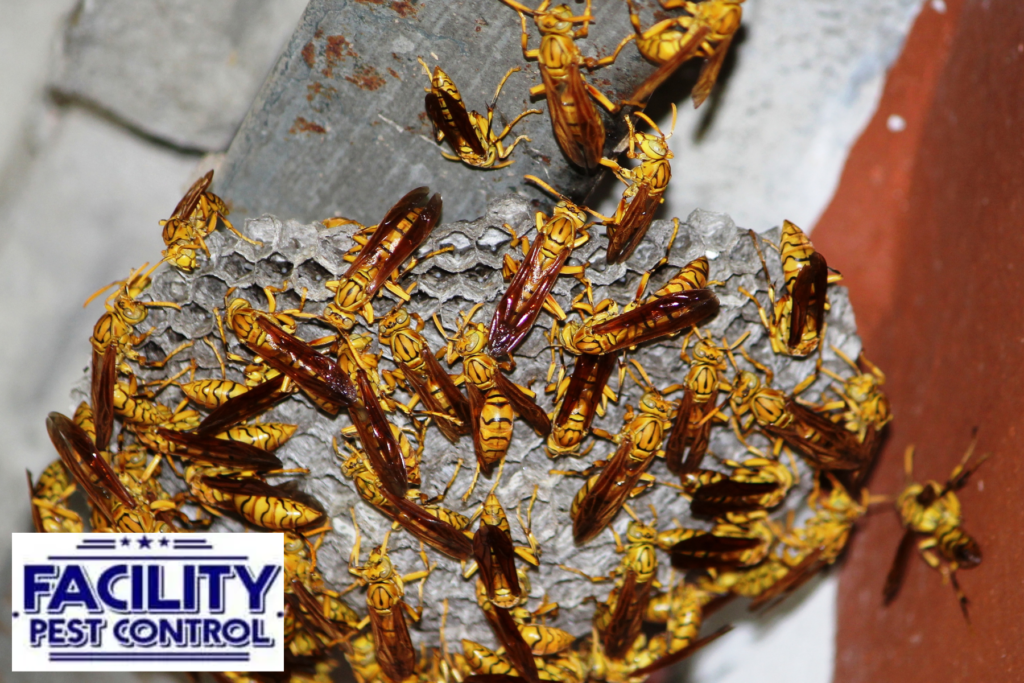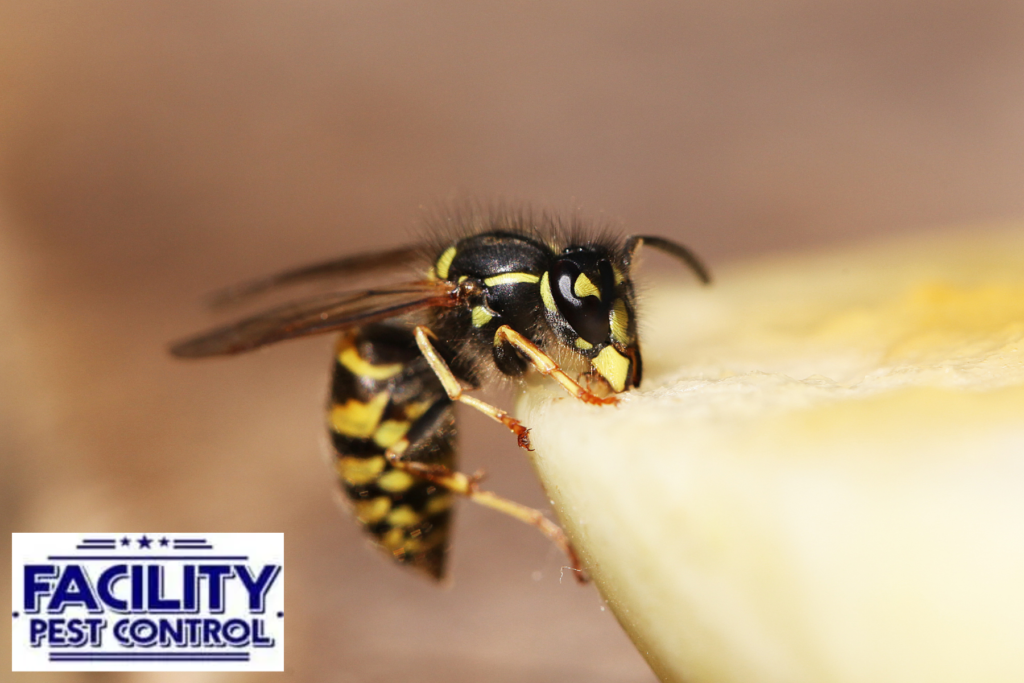Wasps are more than just an occasional backyard annoyance; they play a complex role in nature and can become a serious problem when they feel threatened or invade human spaces. Understanding their life cycle helps homeowners know how long do wasps live, when they’re most aggressive, and the best time to take preventive action.
Understanding the Wasp Life Cycle
Wasps undergo complete metamorphosis, meaning they experience four distinct life stages: egg, larva, pupa, and adult. This process varies slightly depending on the species, but the general pattern remains the same.
Stage 1: Egg
In early spring, a queen emerges from hibernation and begins building a small nest. She lays eggs in the first set of cells, which hatch into larvae. These initial offspring will become the workers that take over nest expansion and care for future generations.
Stage 2: Larva
The larval stage is a feeding frenzy. Worker wasps bring the larvae, insects, and other protein sources. In return, the larvae produce a sugary secretion that adult wasps consume. This mutually beneficial exchange keeps the colony thriving.
Stage 3: Pupa
Once the larvae are ready, they spin silky caps over their cells and begin transforming into adults. This pupal stage is a period of rapid development, during which the wasp’s body structure changes dramatically.
Stage 4: Adult
When the pupal stage ends, fully formed adult wasps emerge. Early in the season, most of these are sterile workers. As the colony matures, the queen produces new queens and males for reproduction, ensuring the species survives another year.
How Long Do Wasps Live?
The lifespan of a wasp depends on its role in the colony and environmental factors. Worker wasps typically live only a few weeks to a couple of months, while queens can survive through winter to start a new colony the following spring. Indoors, survival time can differ knowing how long do wasps live indoors can help homeowners determine the urgency of removal.
When Wasps Are Most Dangerous
Wasps are most aggressive in late summer and early fall. By this time, the colony’s focus shifts from nest building to food gathering. Natural food sources become scarce, making wasps more likely to scavenge near human activity. They become highly protective of their nests, and even slight disturbances can provoke attacks.
Preventing Wasp Infestations
While wasps can be beneficial by controlling other insect populations, their nests near homes or high-traffic areas pose risks. Homeowners searching for wasp control near me should act early in the season before nests grow large.
Prevention Tips:
- Keep trash bins sealed to avoid attracting foraging wasps.
- Repair holes or gaps in siding, eaves, and soffits.
- Remove food sources from outdoor dining areas.
- Check regularly for small nest formations in early spring.
Professional Wasp Control
DIY removal can be dangerous, especially with large or hidden nests. Professionals have the equipment, expertise, and safety measures to handle infestations effectively. Residents looking for pest control West Hills CA services can rely on trained technicians to assess, treat, and help prevent future wasp issues.
Seasonal Wasp Behavior and Home Safety
Knowing seasonal patterns is key to staying safe:
- Spring: Queens emerge and start nests, an ideal time for early removal.
- Summer: Colony growth peaks, with more workers and food gathering.
- Fall: Wasps become most aggressive; extra caution is needed.
- Winter: Most wasps die, and only queens hibernate.
Understanding these patterns allows homeowners to take proactive measures rather than react to a full-blown infestation.
Why Prompt Action Matters
Delaying wasp control not only increases the size of the colony but also the potential danger. A larger colony means more workers, a bigger nest, and higher chances of stings. Swift intervention reduces risks for residents, pets, and guests.
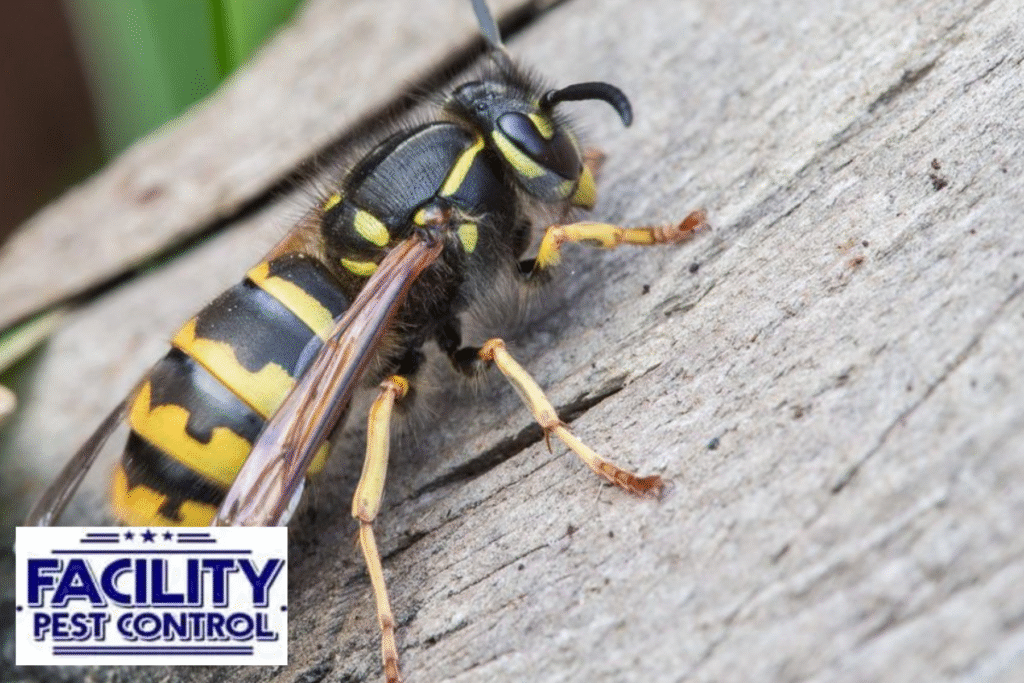
About Facility Pest Control
Facility Pest Control is a local, family-owned business based in West Hills, CA, offering specialized pest management with the personal attention that big companies can’t match. They provide general pest control West Hills services, including monthly, hybrid, and bi-monthly treatments, designed to keep homes and businesses pest-free year-round. Their general pest control covers ants, earwigs, spiders, crickets, roaches, and wasps, with additional options for scorpions, fleas, ticks, bees, yellow jackets, and hornets.
Services include both exterior and interior treatments, such as de-webbing eaves, yard treatments, wall flush dusting, foundation spraying, and targeted indoor applications under sinks, behind appliances, and at entry points. Facility Pest Control uses family- and pet-friendly natural organic products in every general pest treatment. Discounts are available for healthcare professionals, military personnel, first responders, teachers, and senior citizens.

